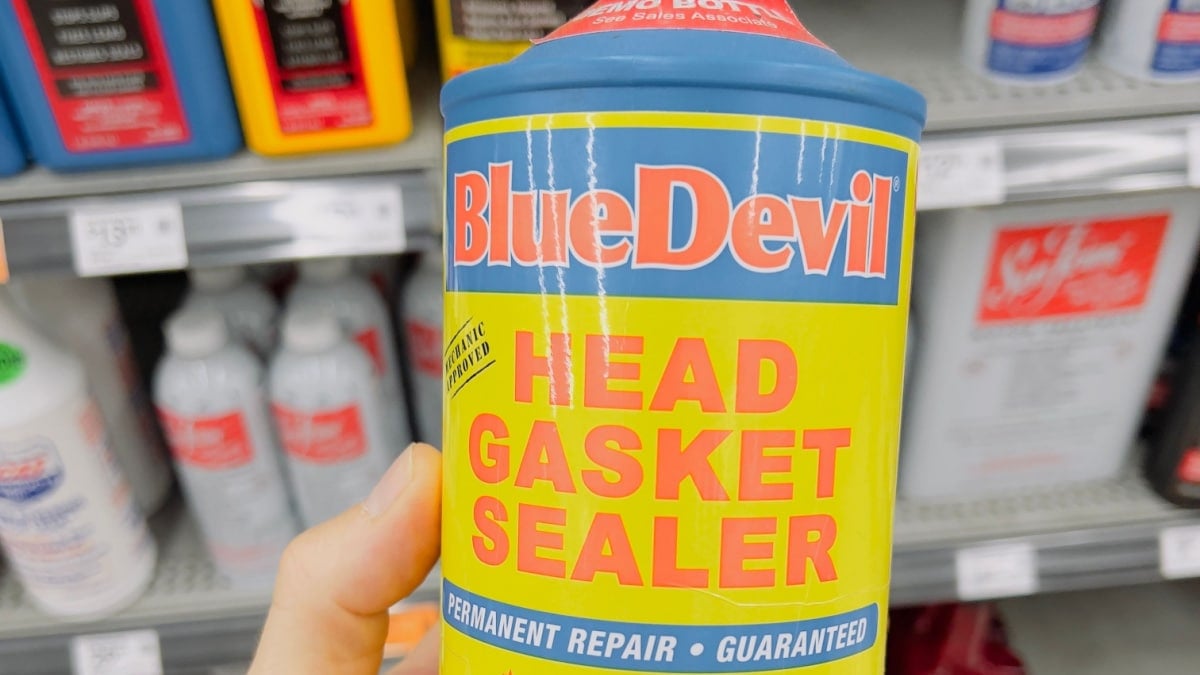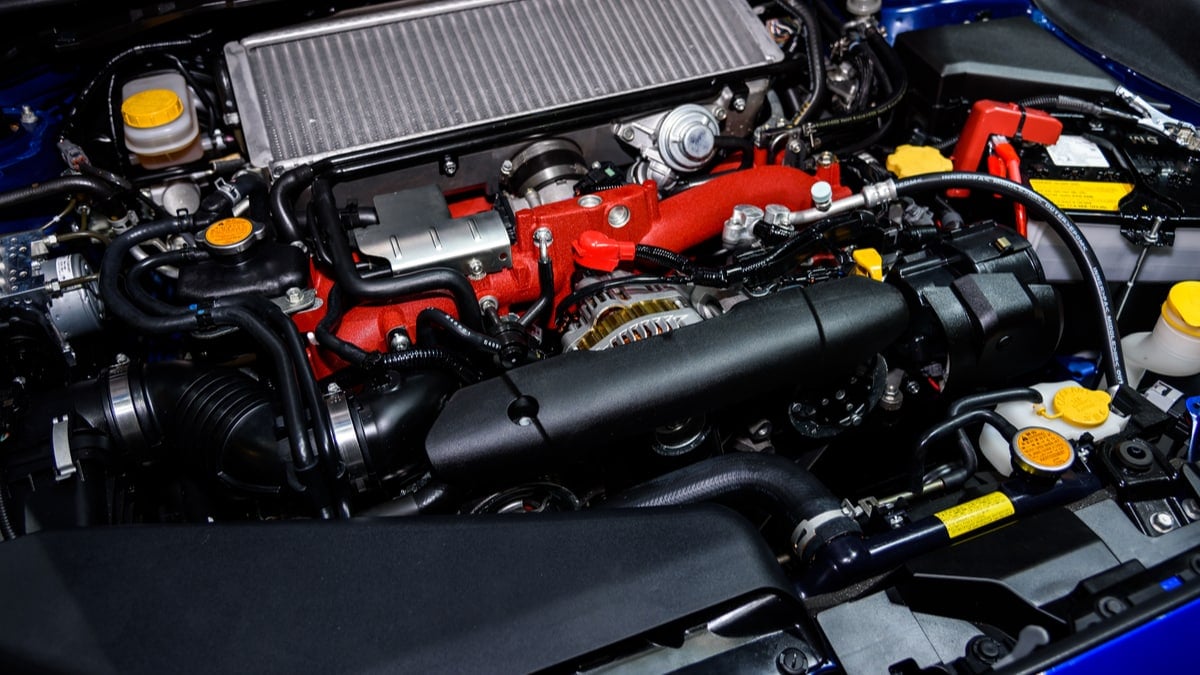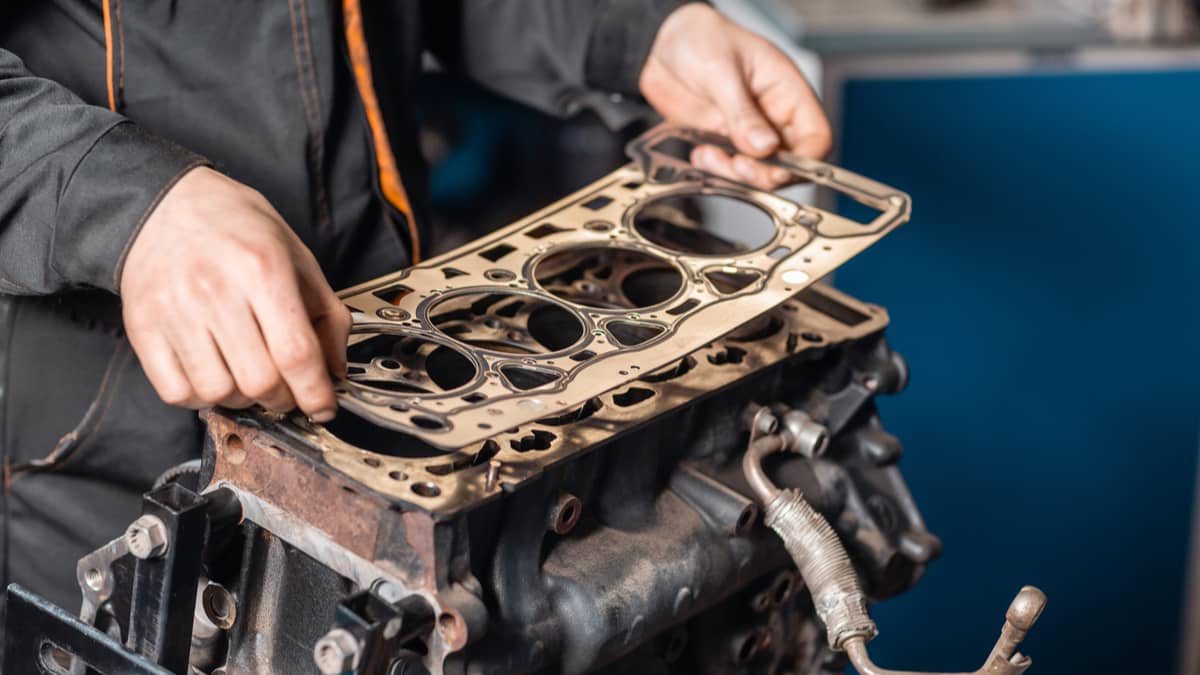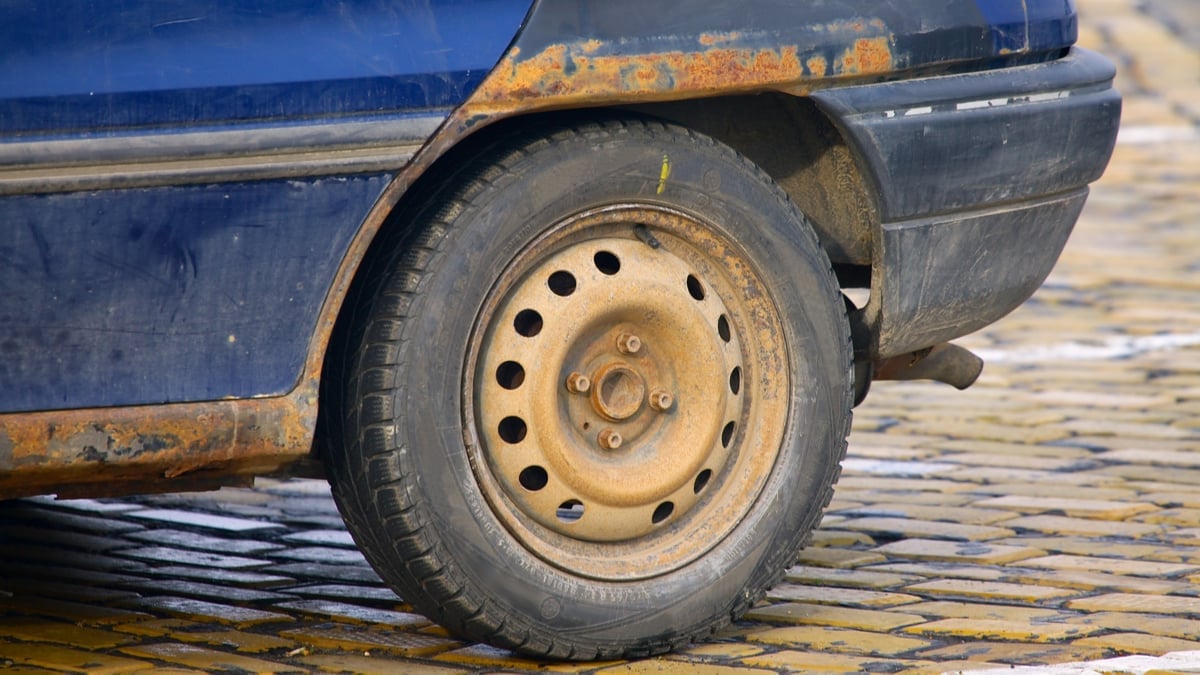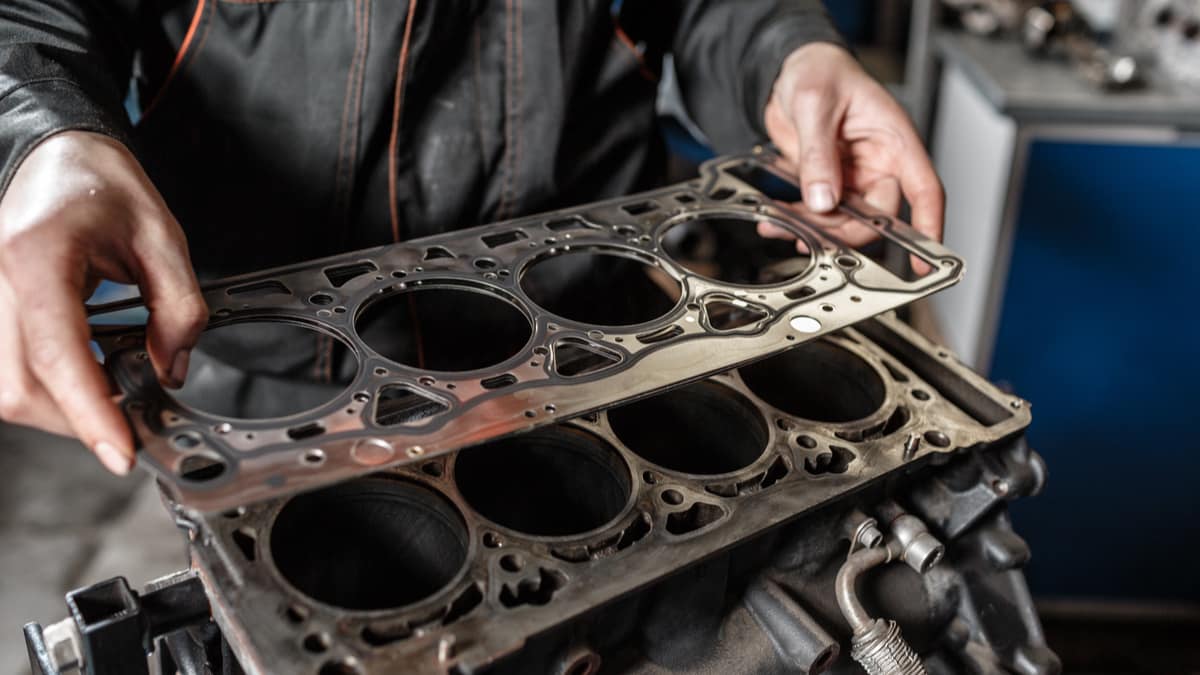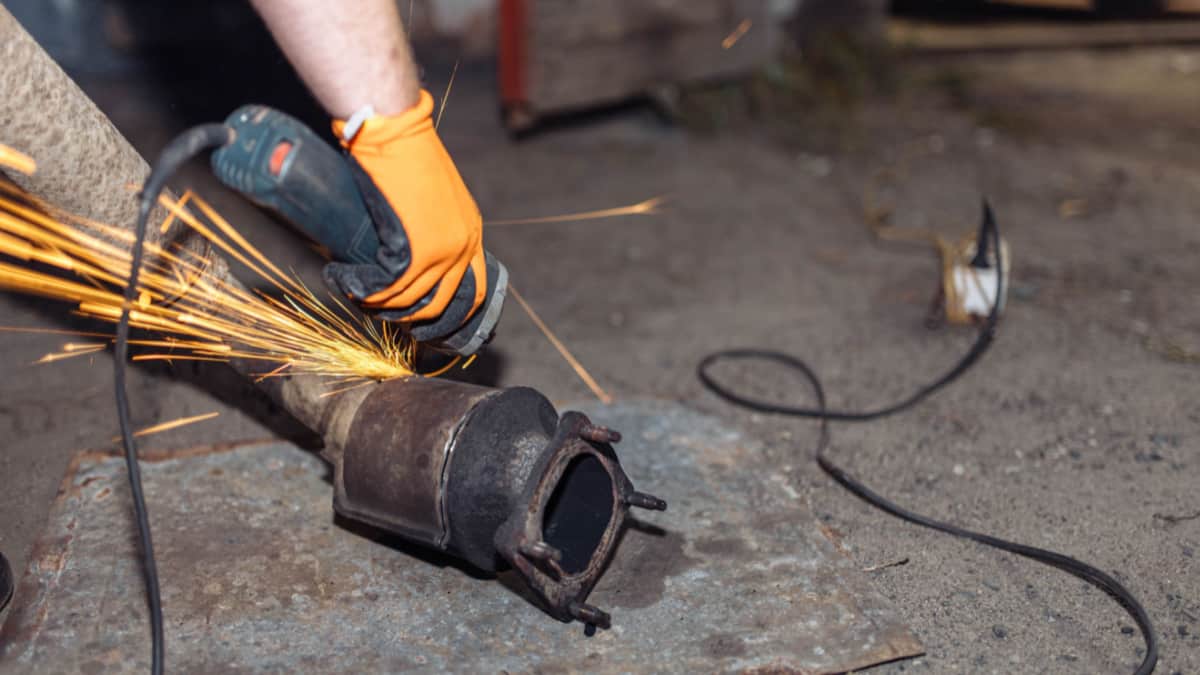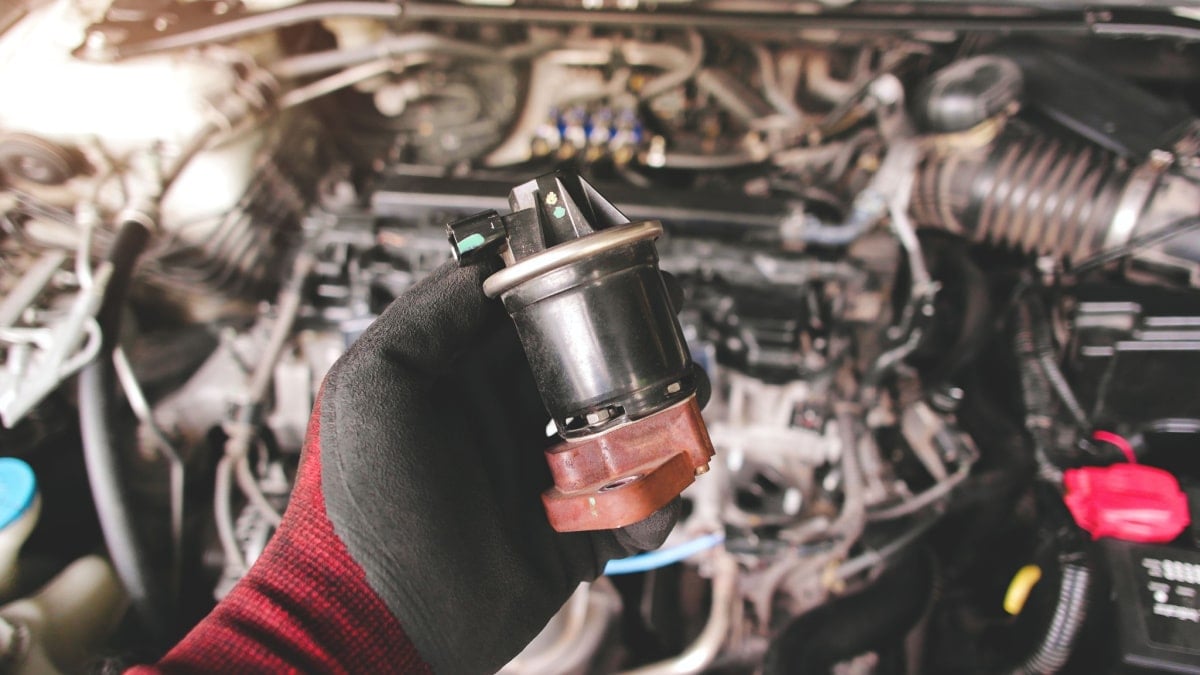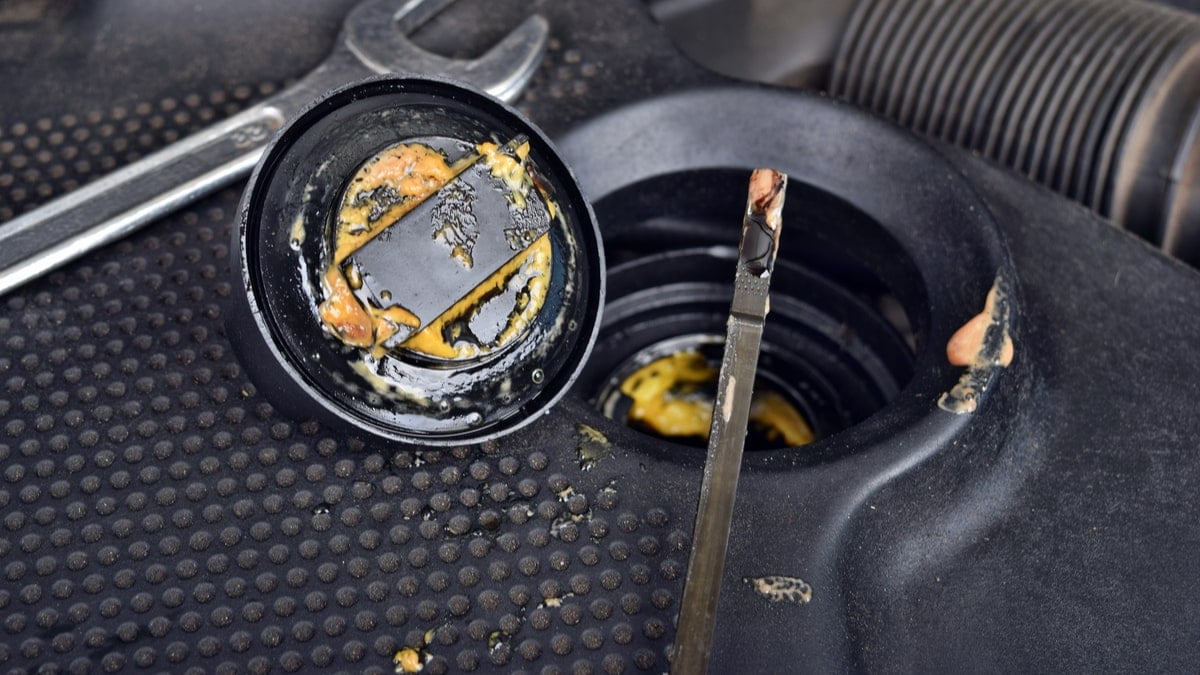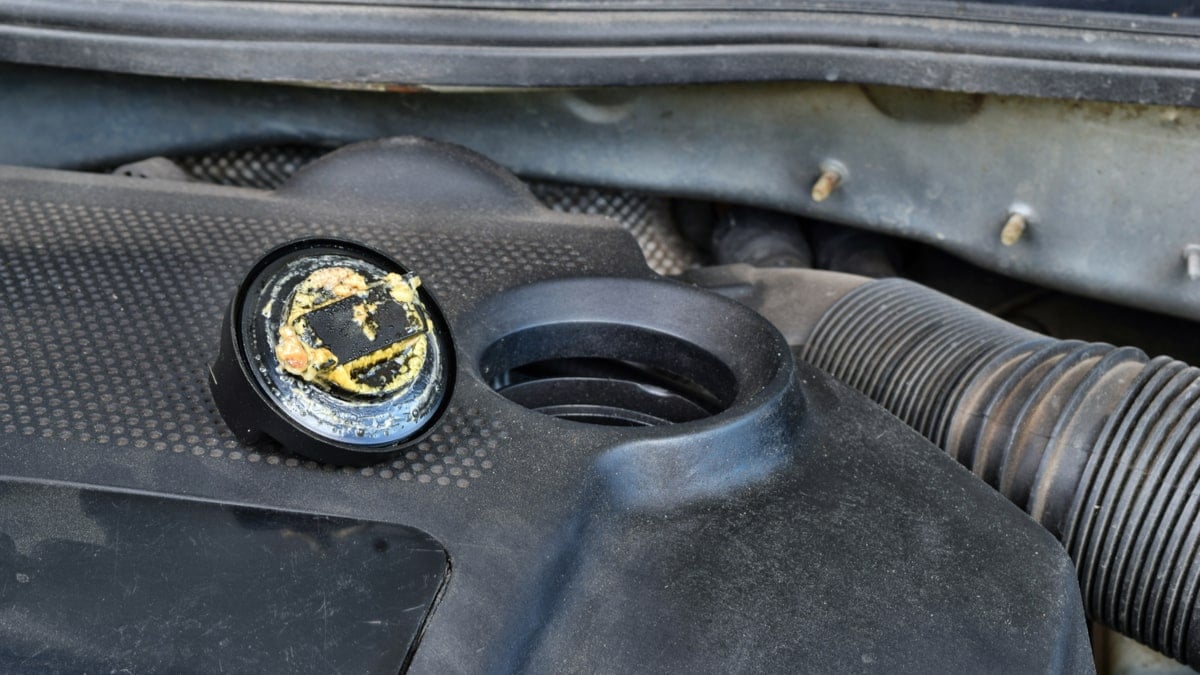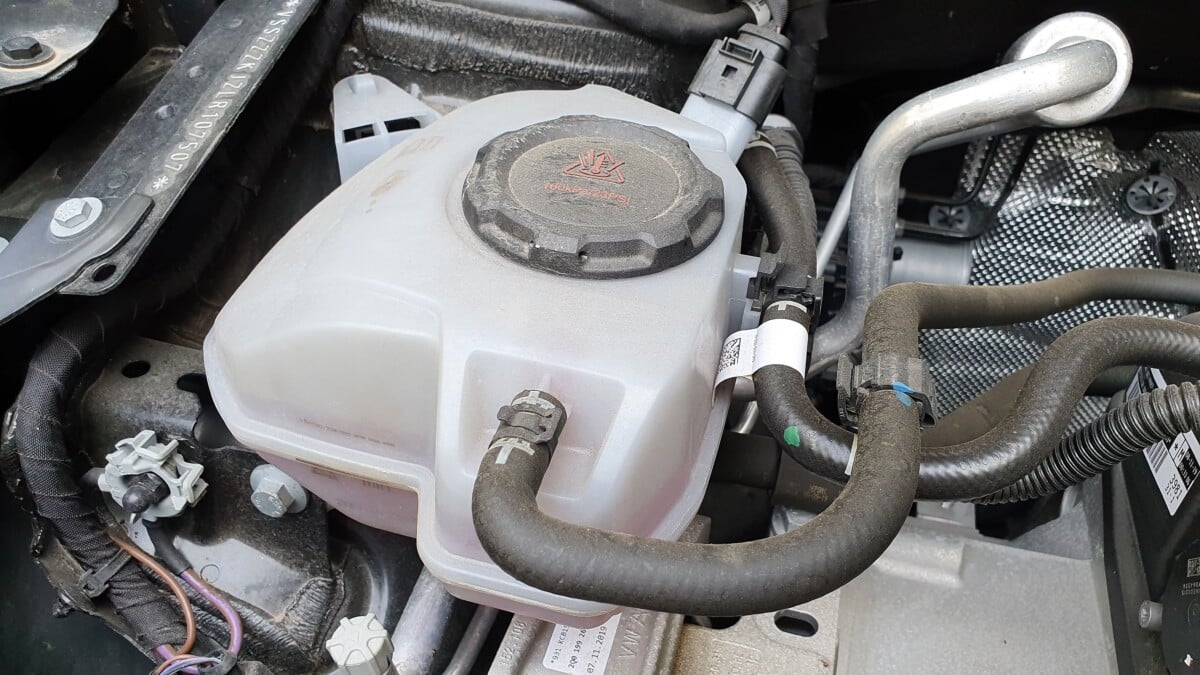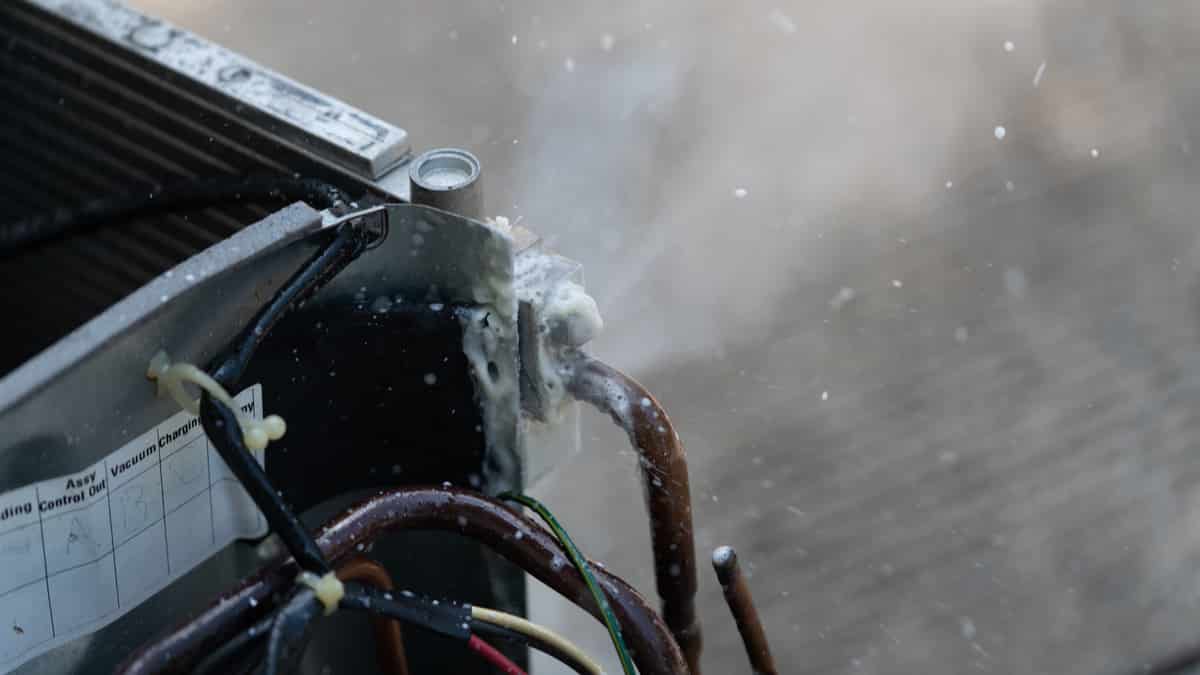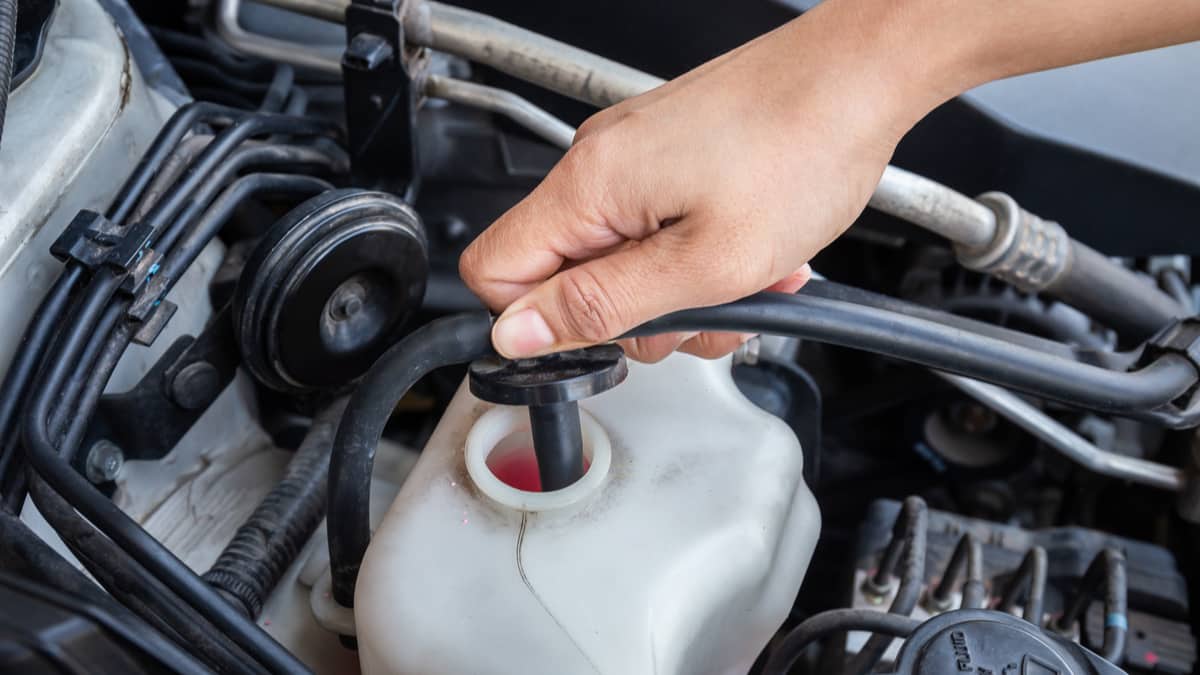Hearing that your car needs a new head gasket is never a pleasant experience. You already know that the fix is expensive and time-consuming. To avoid this, many people turn to a head gasket sealer to remedy the problem. Does a head gasket sealer work, and should you take the chance?
In this guide, I look closer at how the head gasket sealer works and discuss if it will fix the problem. I also review the pros and cons, so you can determine if it’s a good idea to try.
Does Head Gasket Sealer Work?
Yes. A head gasket sealer can work well for small leaks as a temporary fix. However, don’t expect any permanent results for most engines with a bad head gasket. Some head gaskets are beyond sealing and won’t be fixed without a repair.
If you do a search on the internet, you will find people on either side of the debate swearing that the head gasket sealer either works or doesn’t. Some people swear by the products, while others are staunch advocates against them. For example, there seems to be a lot of success with the Subaru 2.5L flat-four engine with a defective head gasket.
READ MORE: Subaru Head Gasket Problems (Years and Models Affected)
If you notice cracks or leaks in the engine block, a sealer isn’t properly going to work. You also won’t want to put a head gasket sealer into any system if additional parts are damaged.
How Does Head Gasket Sealer Work?
Most head gasket sealers are poured into the radiator. Once the contents of the bottle are poured in, you allow the car to run for 15 to thirty minutes, depending on what’s recommended by the manufacturer. While the engine runs, you should have the heater on with the fan on its highest setting.
During this time, the chemicals inside the sealant circulate in the system. The sealer searches out any small gaps and cracks that need to be filled in with the head gasket. Once in place, the sealer hardens to ensure a reliable fix.
While the sealants should harden completely, they aren’t considered a permanent repair. Over time, the sealer can wear down and become loosened.
READ MORE: 5 Symptoms of a Blown Head Gasket (& Replacement Cost)
Head Gasket Sealer Pros
1. Fast Repair
Replacing the head gasket is not an easy fix. If you can fix the blown head gasket yourself, you will spend a lot of time on the repair. If not, you have to leave your vehicle with the shop for several days. That’s not the case when you use a head gasket sealer.
The average head gasket sealer is going to give you a quick repair when it works. It can quickly fix the leak and give you more time before a repair is needed. If you are traveling and don’t want to deal with the blown head gasket, the sealer could buy you some more time to get home.
2. Saves Time
As I mentioned above, it might take a maximum of thirty minutes for the head gasket sealer to work. This is drastically shorter than the amount of time a full repair would take.
If you are pressed for time, the sealer is going to be a great option. At most, you might be slightly late for work, but at least you will be able to get there.
3. Cheap Repair
The average head gasket repair can cost upwards of $2,000 or even more. This isn’t something most people are prepared for. On the other hand, you can use a head gasket sealer for a fraction of the cost.
There are many different head gasket sealer brands to choose from. Even if you choose one of the more expensive options, you may only pay $45.
4. Easy to Buy
If the head gasket needs to be replaced, you will likely need to visit a repair shop, especially if you aren’t equipped to handle the task. If you don’t already work with a local mechanic, you need to find a reliable option in your area, which takes some research. You may also need to travel outside of your region to find the mechanic you want to go to.
On the other hand, it’s not difficult to buy a head gasket sealer. You can find many different brands at every auto parts store, giving you access to a nice selection. If you aren’t in a hurry, you can also buy the products online, which often allows for an even lower price.
Head Gasket Sealer Cons
1. Can Cause Damage
Not all head gasket sealers are going to provide the results you want. In some cases, it could lead to bigger problems than you started with.
When you pour the sealer into the cooling system, it could create a reaction with the heat. The end result is a powdery substance that builds up in the system. Because of this build-up, there could be further damage to vital components, such as the thermostat. Any other parts that get damaged only lead to a higher repair cost in the end.
2. Not Always Compatible
Some head gasket sealers are only meant to work with a certain engine type. For example, you can’t always use a sealer on both diesel and gas engines, so it’s important to read the guidelines first.
You should also check your car’s service manual before deciding to use a head gasket sealer. If there are warnings against using certain products in your cooling system, it’s best to avoid it.
3. May Not Work
There’s no guarantee that a head gasket sealer is going to fix your problem. You could spend the money on the solution, wait for it to work, and find out that it did nothing. Worse yet, it could cause even more damage, leaving you in a more complicated predicament.
On the other hand, having the head gasket repaired is the complete solution. You won’t have to doubt whether that repair will fix the problem or not.
Is Head Gasket Sealer a Good Idea?
It’s difficult to determine if the head gasket sealer is right to use in every situation. The general rule of thumb is if the head gasket already needs to be repaired, it may be wise to dump a bottle of the sealer in and see what happens. However, you must also be prepared to deal with bigger problems if the sealer causes other issues.
There is one time when the head gasket sealer is almost always a good decision. Let’s say you are traveling away from home and realize the head gasket is causing trouble. You could take the vehicle to a shop and be at the mercy of how long it takes and the cost. Otherwise, you could throw in a bottle of sealer and try to get the vehicle back to your trusted repair shop. Most people will opt to go this route before causing any more inconvenience.
Which is the best head gasket sealer?
To determine which is the best head gasket sealer, you must consider what type of engine you have and how big the head gasket leak is. K-Seal, BlueDevil, and SteelSeal are some of the most popular and proven choices when it comes to head gasket sealers.
SteelSeal is actually the head gasket sealer that I’ve seen work the best, but it’s also quite expensive. To determine if it’s the right choice for you, you’ll need to do your own research. However, here is a link where you can buy this head gasket sealer on Amazon. This is an affiliate link, which means we may receive a small commission for qualifying purchases at no cost to you.
How long will a head gasket sealer last?
You can expect a head gasket sealer to last about 6 months if it is a small leak. However, how long a head gasket sealer will last depends on many factors, such as how big the leak is, engine type, what type of head gasket sealer, and how you drive your car.
Does K-seal head gasket sealer work?
Yes. K-Seal can work for small head gasket leaks as a temporary fix. In some cases it may work well, but in other cases it may not work at all. It depends on your situation, but it might be worth a shot if your car isn’t worth a lot and you don’t want to spend the money on a head gasket replacement right now.
How many times can I use a head gasket sealer?
You can use a head gasket sealer as many times as you like, with an increasing risk every time. The more you use a sealer in your engine, the more you risk clogging something. If your head gasket sealer does not seal the head gasket within the first 1-3 tries, you probably need to replace the head gasket.
Can a head gasket sealer clog the radiator?
A head gasket sealer can potentially clog something in the cooling system like the radiator if you use a sealer from a bad brand. However, if you choose a professional head gasket sealer with good reviews, the risk of clogging your radiator is very small.
So now you have all the information you need about the head gasket sealer. Now it is up to you to choose if you think a head gasket sealer is a good choice for your car.
If you have an older car that is not worth a lot of money, a head gasket sealer may be worth a shot. However, if you have an expensive car, it can cause more problems than it will solve and you probably want to replace the head gasket instead.
I hope you liked this article and learned everything you need about head gasket sealers.
Learn more:
- How to Test if the Head Gasket is Blown (7 Easy Steps)
- Cracked Cylinder Head – Symptoms, How to Test & Repair Cost
- Does AC Stop Leak Sealer Work? (& Is it Bad?)
Categories: Maintenance
